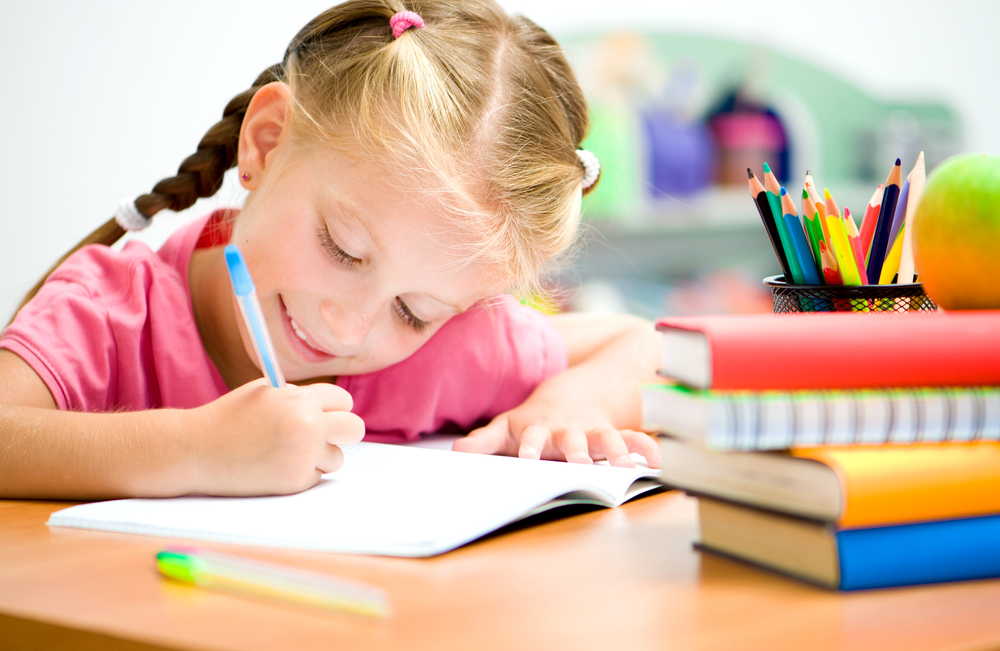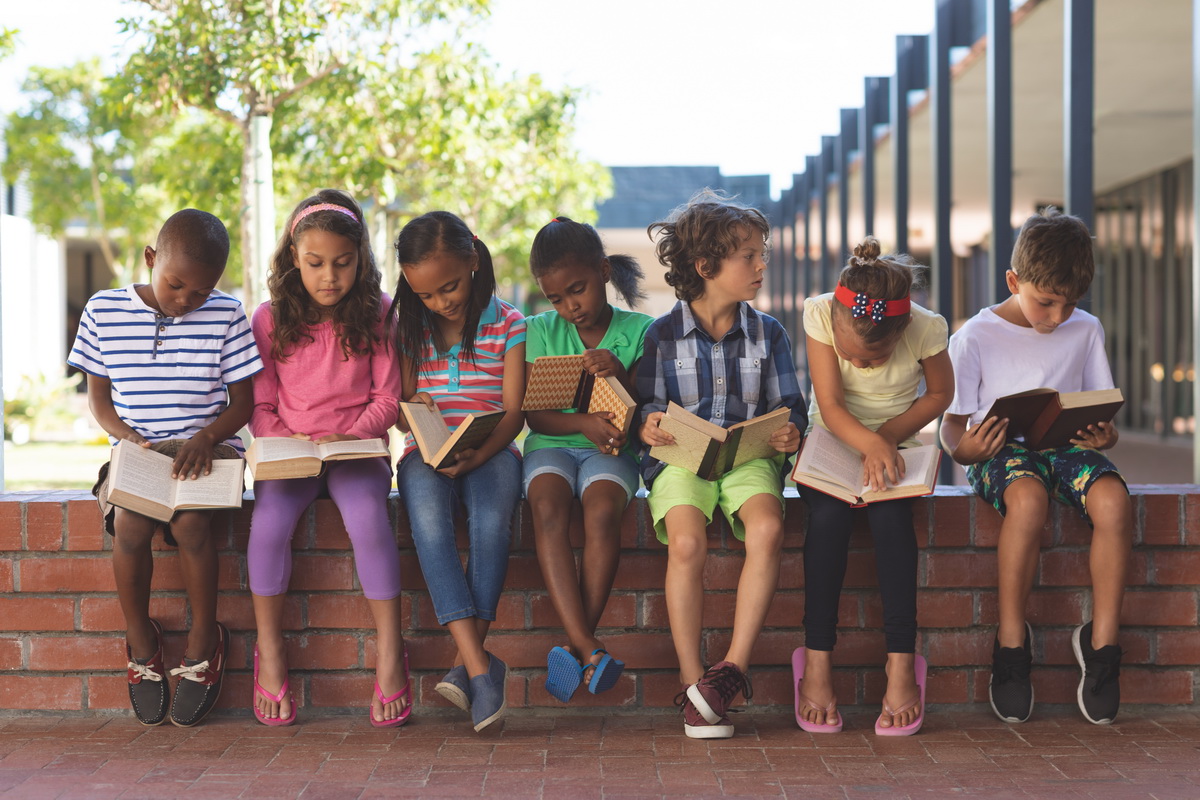Sight words recognition Reading Worksheets for Ages 6-8
6 filtered results
-
From - To
Unlock your child's reading potential with our Sight Words Recognition Reading Worksheets, designed specifically for ages 6-8. These engaging and educational worksheets focus on helping young learners recognize and confidently read common sight words. By mastering these essential words, children can improve their reading fluency and comprehension. Perfect for both classroom and home use, our worksheets offer a fun and interactive way to build foundational reading skills. With clear instructions and a variety of activities, children will enjoy their reading journey while becoming proficient readers. Give your child the gift of reading success with our expertly crafted worksheets.
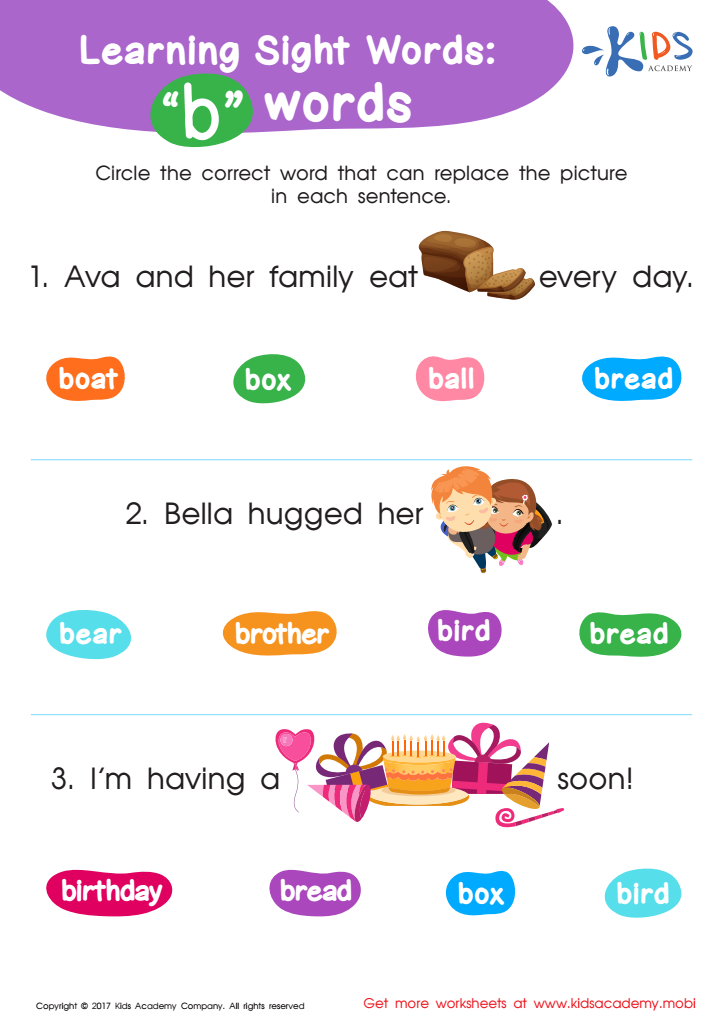

Sight Words Free Worksheet – B Words
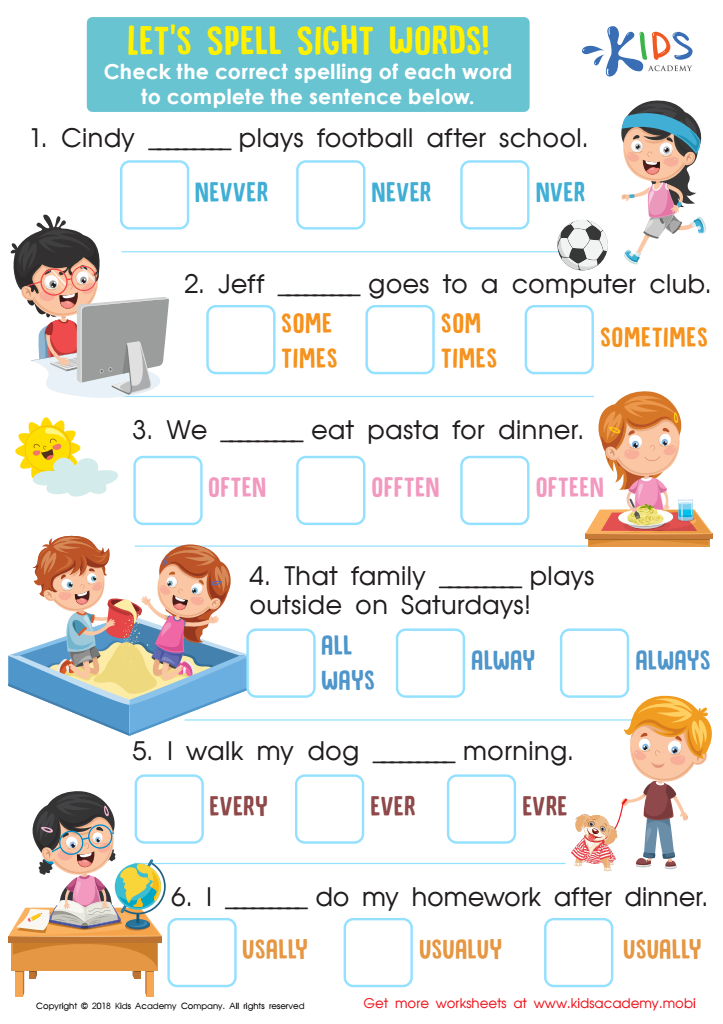

Let's Spell Sight Words Worksheet
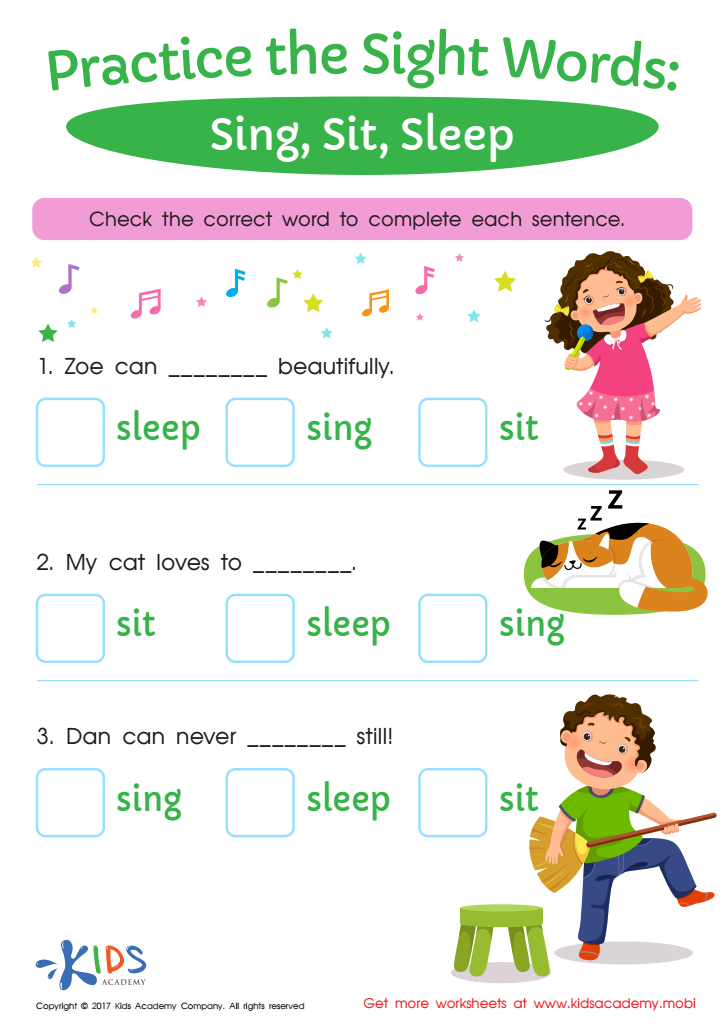

Sing, Sit, Sleep Sight Words Worksheet
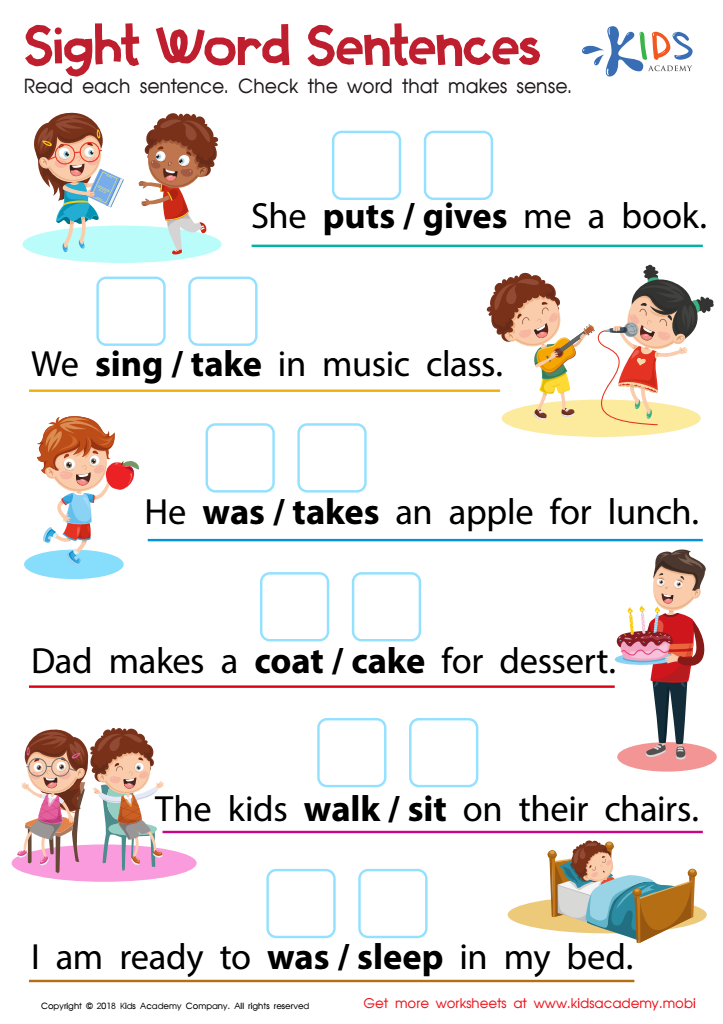

Sight Words Sentences Worksheet
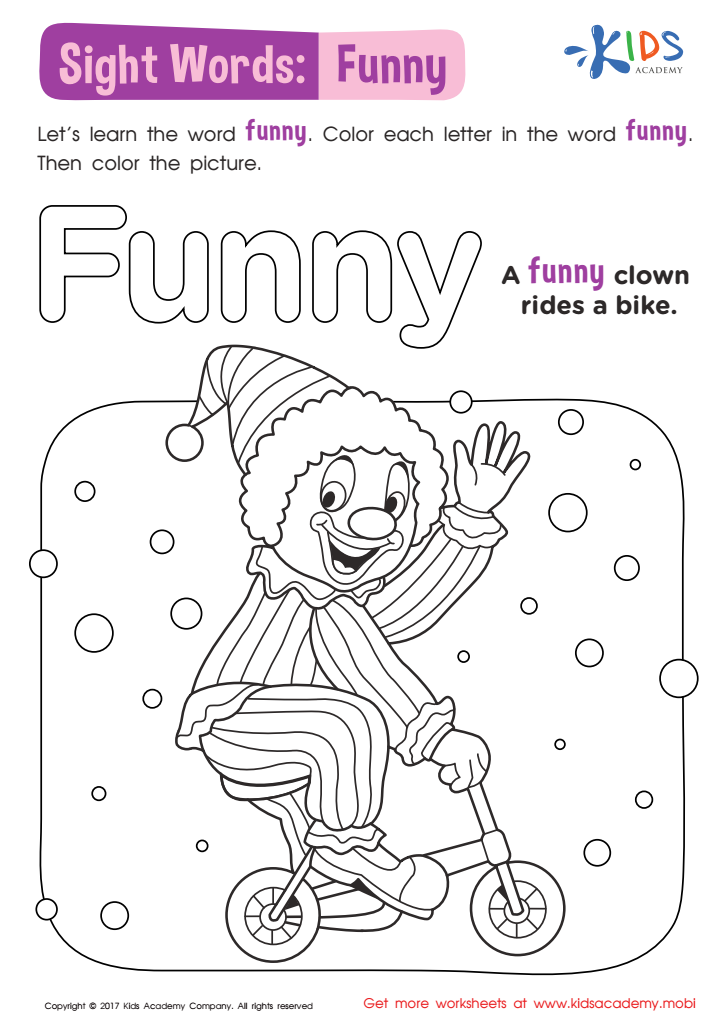

Funny Worksheet Sight Words Worksheet
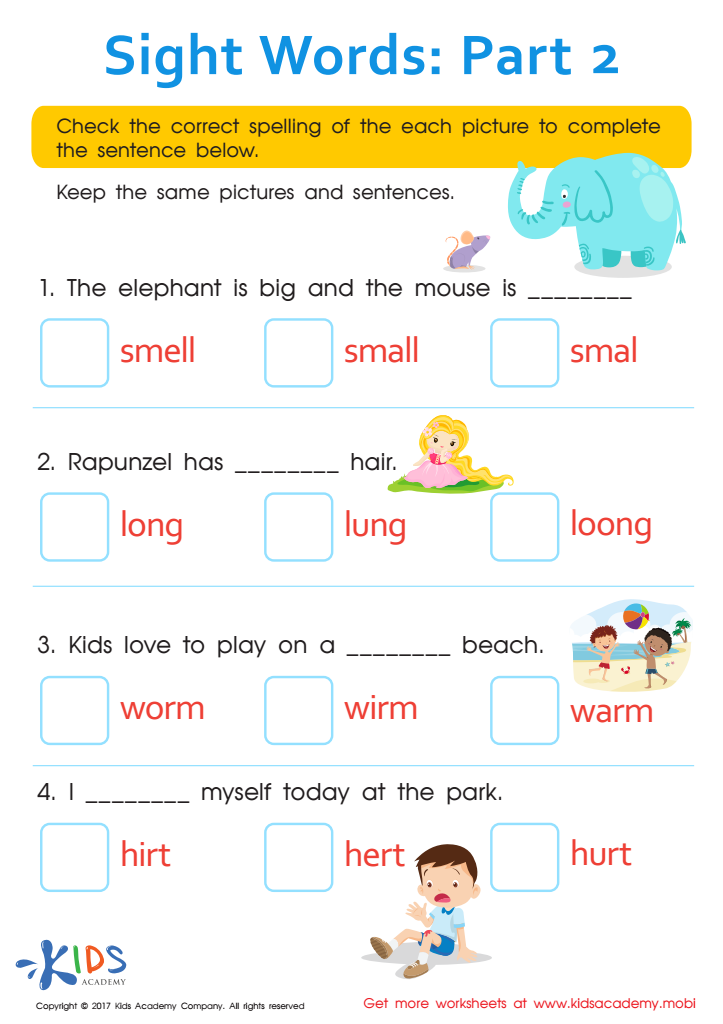

Sight Words Worksheet
Sight word recognition is a critical aspect of reading development for children ages 6-8. Sight words, often referred to as "high-frequency" words, appear frequently in written texts. Examples of sight words include "the," "and," "you," and "said." Understanding these common words by sight is essential for young readers because it enables them to read more fluently and with greater comprehension.
When children can recognize sight words instantly, they use less cognitive energy on decoding individual words, allowing them to focus on the meaning of the text. This fluency provides a smoother, more uninterrupted reading experience, which is beneficial for comprehension and the enjoyment of reading. Additionally, many sight words do not follow regular phonetic rules, making it challenging for children to decode them purely by sounding them out.
Recognizing sight words is also foundational for building confidence in young readers. As children become proficient in reading sight words, they are likely to experience a sense of accomplishment, which motivates them to tackle more complex texts.
For teachers and parents, investing time in sight word activities—such as flashcards, games, and regular practice—pays off significantly. It massively contributes to the child's early literacy skills, setting a strong foundation for future learning. Engaging in these activities supports a child’s long-term educational journey by promoting key reading skills essential for academic success.

 Assign to My Students
Assign to My Students






